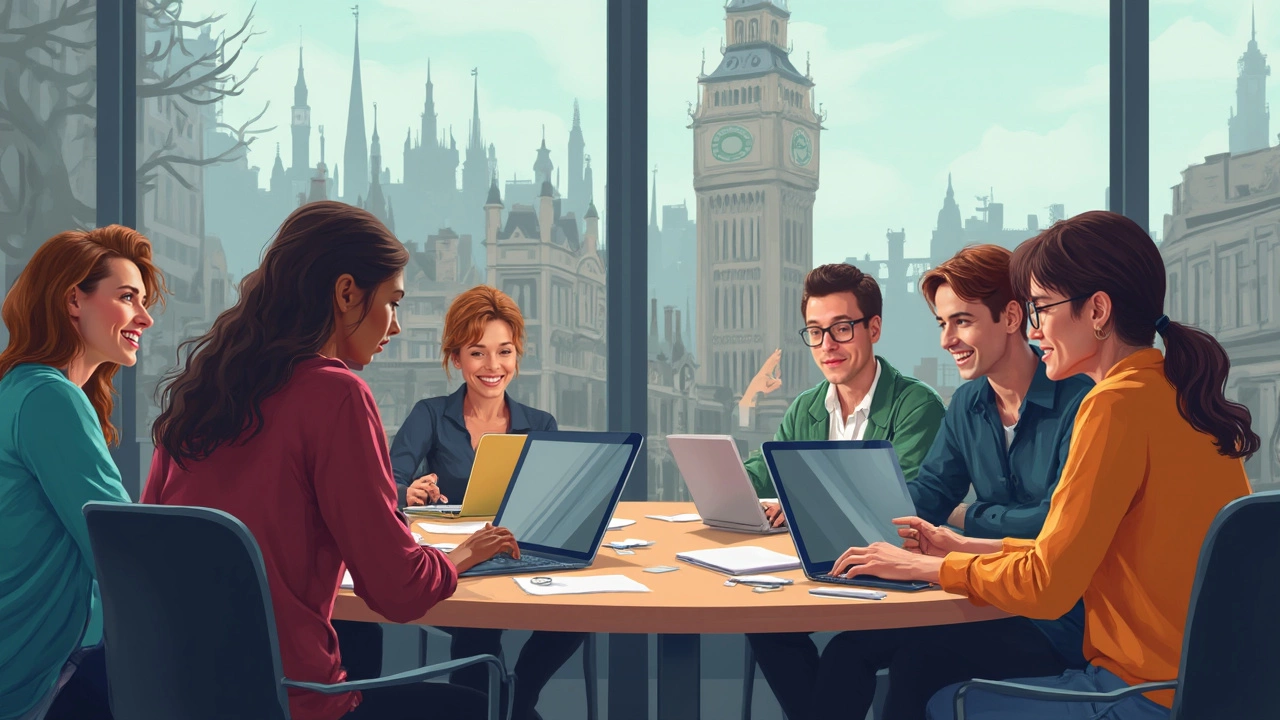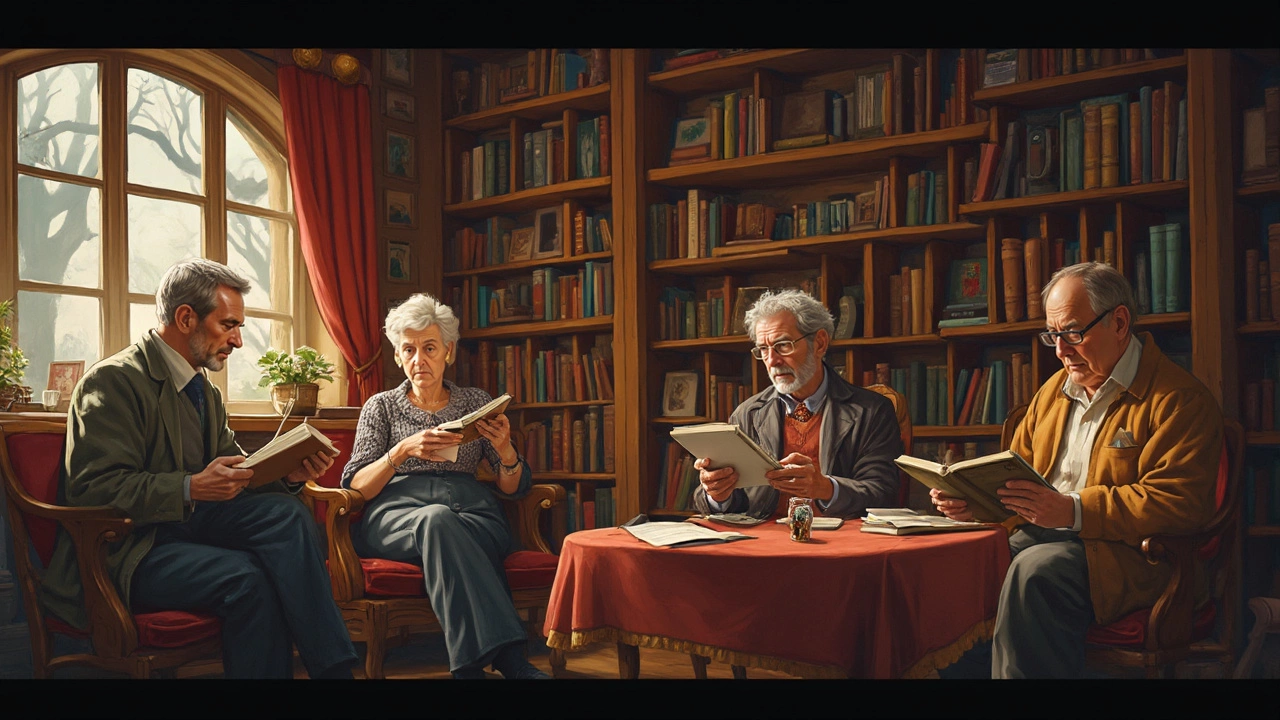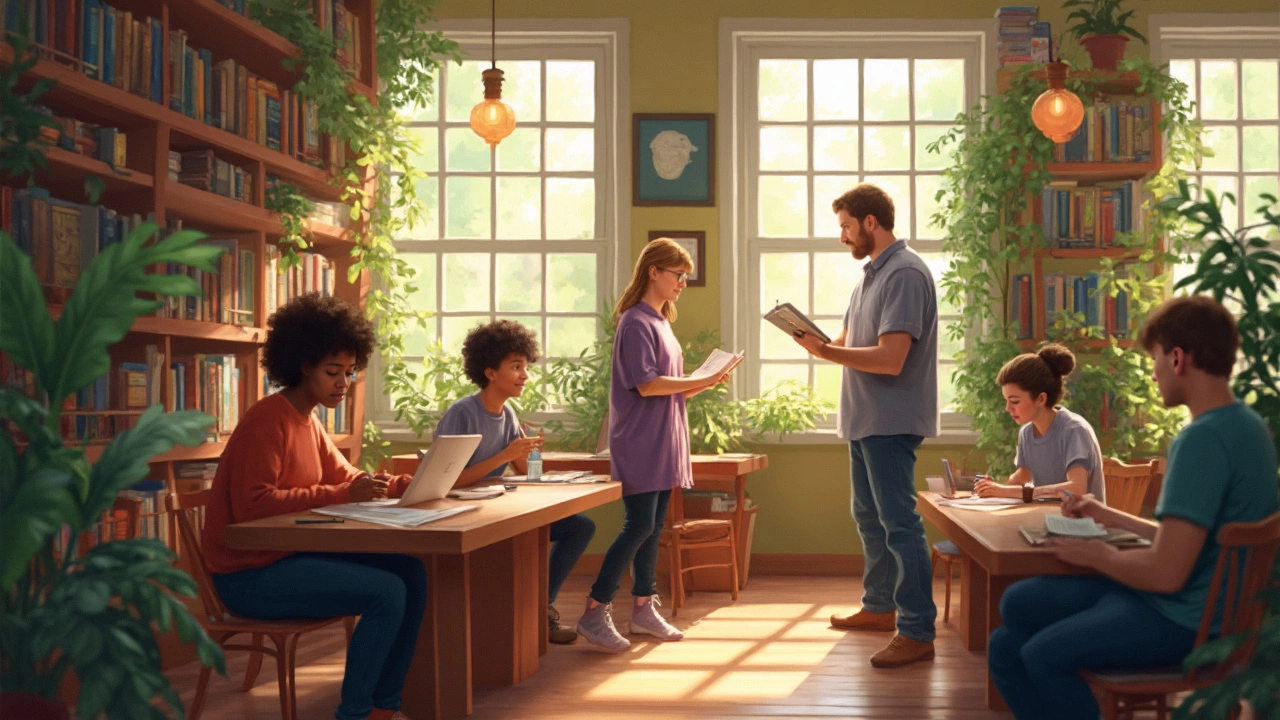Lifelong Education: Simple Steps to Keep Learning Every Day
Ever feel like you’re stuck in a rut because school is over? You’re not alone. The good news is learning doesn’t stop at graduation – it just changes shape. Lifelong education is all about staying curious, picking up new skills, and using what you learn to improve work, hobbies, and everyday life.
Why Lifelong Learning Matters
First off, keeping your brain active helps memory and problem‑solving. Studies show adults who learn new things regularly stay sharper and feel more confident. It also opens doors at work – new certifications or a fresh perspective can mean a promotion or a better paycheck. And let’s be honest, learning something fun, like cooking or a musical instrument, just makes life more enjoyable.
Getting Started: Small Habits, Big Results
Don’t think you need to enroll in a full‑time course. Start with tiny changes. Set aside 15 minutes a day to read an article, watch a short video, or practice a skill. Use apps that deliver bite‑size lessons on topics ranging from coding to photography. If you prefer a social vibe, join a local club or an online community where people share tips and project ideas.
Pick a focus that matters to you. Want to boost your career? Look at high‑paying certifications that don’t require a degree – many are online and cost less than a weekend hobby class. Curious about health? Learn the science behind brain‑boosting foods and avoid habits that hurt memory.
Mix up how you learn. Some people retain info better by watching videos, others by reading or doing hands‑on projects. Identify your style – visual, auditory, or kinesthetic – and choose resources that match. This makes the process feel natural and less like a chore.
Set realistic goals. Instead of "learn French this year," try "practice French on Duolingo for 10 minutes each morning." Track your progress in a notebook or app; seeing small wins keeps motivation high.
Remember, setbacks are normal. Missed a session? No big deal. Reset tomorrow and keep the momentum. The key is consistency, not perfection.
Finally, share what you learn. Teaching a friend or writing a quick blog post cements knowledge and builds confidence. Plus, you might inspire someone else to start their own learning journey.
Whether you’re eyeing a new certification, mastering a hobby, or simply staying mentally sharp, lifelong education is a flexible toolbox you can fill at any age. Start tiny, stay curious, and watch how those small steps add up to big growth.
Discovering the Basics of Adult Learning
Adult learning is all about embracing a flexible and open mindset. Unlike traditional learning paths, adult education focuses on practical knowledge and real-world application. Understanding how adults learn best involves recognizing their past experiences and intrinsic motivations. This approach ensures learning is relevant, goal-oriented, and immediately useful.
What Adults Really Want to Learn
Adult learners often aim to gain practical skills and knowledge that directly impact their lives. Whether it's for career advancement or personal growth, adults prioritize learning that they can apply immediately, like digital literacy or language skills. This need for relevant, hands-on education is changing the way courses are crafted, making them more focused on real-world applications.
Adult Learning: What's It Really Called?
Adult learning has many names and even more purposes, ranging from personal growth to professional development. Discover what exactly adult learning is called and its role in today's world. Learn about the key differences from traditional schooling and why it's never too late to start. Practical tips and facts make the path clear and engaging for anyone interested in pursuing education as an adult.
Uncover the Three Pillars of Adult Learning
Adult learning is built upon three main pillars: self-directed learning, experiential learning, and transformative learning. Each pillar plays a vital role in how adults acquire knowledge and skills throughout their lives. This article explores these pillars, providing practical insights into their application. Discover how these learning strategies impact personal and professional growth. Equip yourself to become a better lifelong learner.



